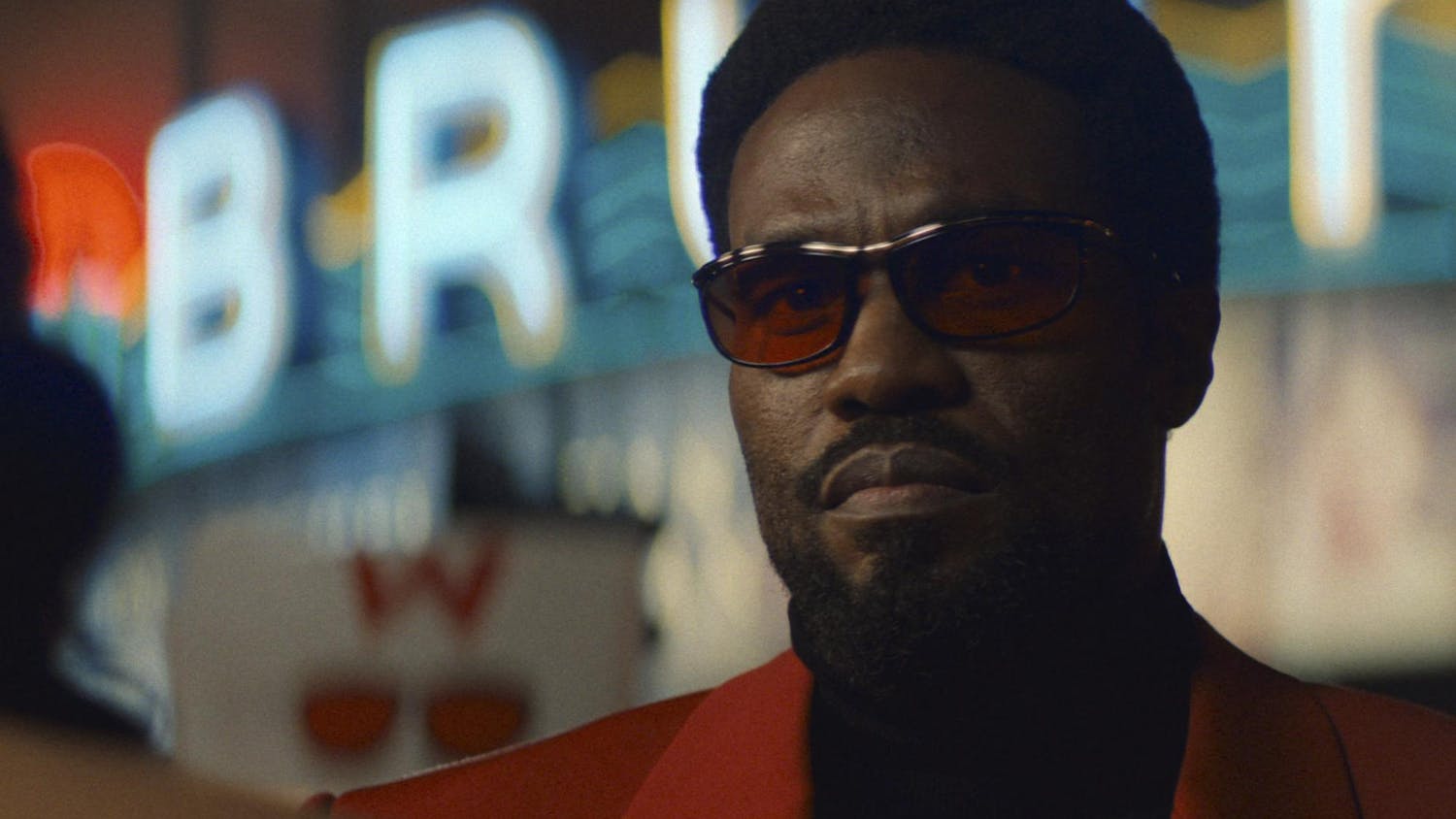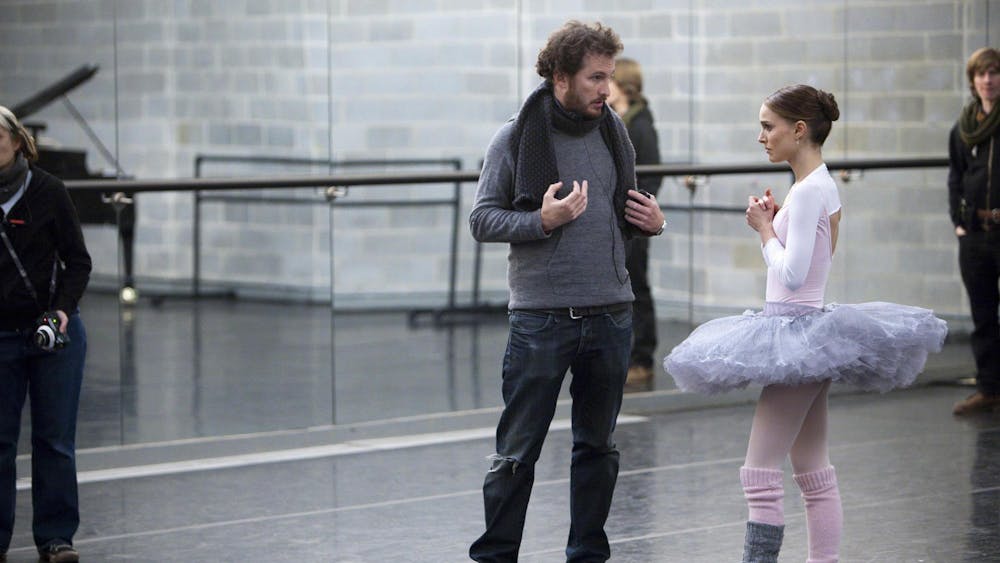A bill that would essentially prohibit panhandling in downtown Indianapolis is advancing in the Statehouse.
It’s illegal to panhandle by bus stops, restaurants’ sidewalk dining areas and cars parked or stopped on public streets. An Indiana House committee amended Senate bill 335, passed by the Senate last month, to increase the distance of panhandling from within 20 feet of a bank or an ATM to 50 feet, the Indianapolis Star reported Sunday. The amendment also extends the restriction to public monuments and locations where "financial transactions" occur, including businesses, restaurants, public parking garages and parking meters.
The amended bill would violate free speech and make the lives of the extremely poor more difficult. The House amendment should be reversed because people experiencing homelessness have a legal right to ask for assistance in public spaces. The bill must be finalized before the Indiana General Assembly's legislative session ends on March 14. This amendment will not stop homelessness, but hide it.
Think of how many parking meters are around Bloomington. Panhandlers would be completely pushed out of highly trafficked areas such as Kirkwood.
Homelessness has been a significant issue for supporters of the bill in Indianapolis.
Representatives from the Indy Chamber, Visit Indy, Hilton Indianapolis and Downtown Indy voiced their support for the amendment in a hearing Thursday, according to RTV6 Indianapolis. More than $242 million from 52 conventions have been either put at risk or lost since 2012 because of panhandling and homelessness, according to estimates by Visit Indy in an Indianapolis Star article.
Indy Chamber general counsel Tim Brown told RTV6 Indianapolis that he was worried about aggressive and threatening panhandlers.
However, it is already illegal for panhandlers to use communication to make an individual feel unsafe or compelled to donate and follow or touch an individual without their consent.
This amendment doesn’t target threatening panhandlers. It targets all panhandlers.
“It’s insincere because its masking as some sort of regulation, but it’s actually a complete prohibition, given how broad it applies to prohibit panhandling within 50 feet of parking meters,” Ken Falk, the legal director of ACLU of Indiana, told RTV6 Indianapolis.
The amendment was modeled after a 2011 ordinance in San Antonio, Texas, that prohibited panhandling within 50 feet of parking meters, ATMs, banks and entrances and exits of restaurants. The proposed Indiana law would add public monuments and entrances and exits of businesses to the list.
By making the limitations so strict, this amendment serves as a broad prohibition of panhandling. This is not only morally questionable, but also unconstitutional.
"It's a blatantly unconstitutional attack on free speech," Katie Blair, director of advocacy and public policy for the ACLU of Indiana, told the Indianapolis Star.
A 2015 U.S. Supreme Court decision about free speech was used to strike down a panhandling ban in Springfield, Illinois, and could also be used to overturn this amendment if it passes.
The bill is also unnecessarily restrictive to people experiencing homelessness.
A 2017 study by IU’s Public Policy Institute found that 96% of surveyed panhandlers in Indianapolis were experiencing homelessness. Health issues, disability, lack of identification and criminal history are some of the barriers to employment that the panhandlers listed. Downtown panhandlers make less than $20 a day on average, and 86% of panhandlers use that money to buy food.
Homelessness and panhandling will not be solved by making downtown off-limits. The amendment only pushes homeless people out of sight.
Indianapolis attempted to get to the root of the problem in 2018 by initiating a plan to end homelessness in the city by 2023 through creating more housing units and resources for people experiencing homelessness. Last May, the city began to pay homeless people for performing beautification services, such as picking up litter, on the sidewalks where they would otherwise be panhandling.
These are the kinds of initiatives that will create meaningful change and help raise the homeless population of Indianapolis out of poverty. More effort should be put into supporting these programs instead of restricting the rights of people experiencing homelessness.
Treating people experiencing homelessness with dignity and offering them a real alternative to panhandling will do more to address the city’s problems than any restrictions would. Thinking about people who panhandle as liabilities for businesses instead of human beings who have rights and need help is not going to help anyone.
Allyson McBride (she/her) is a sophomore studying English and political science. She is the director of outreach and diversity for College Democrats at IU.






